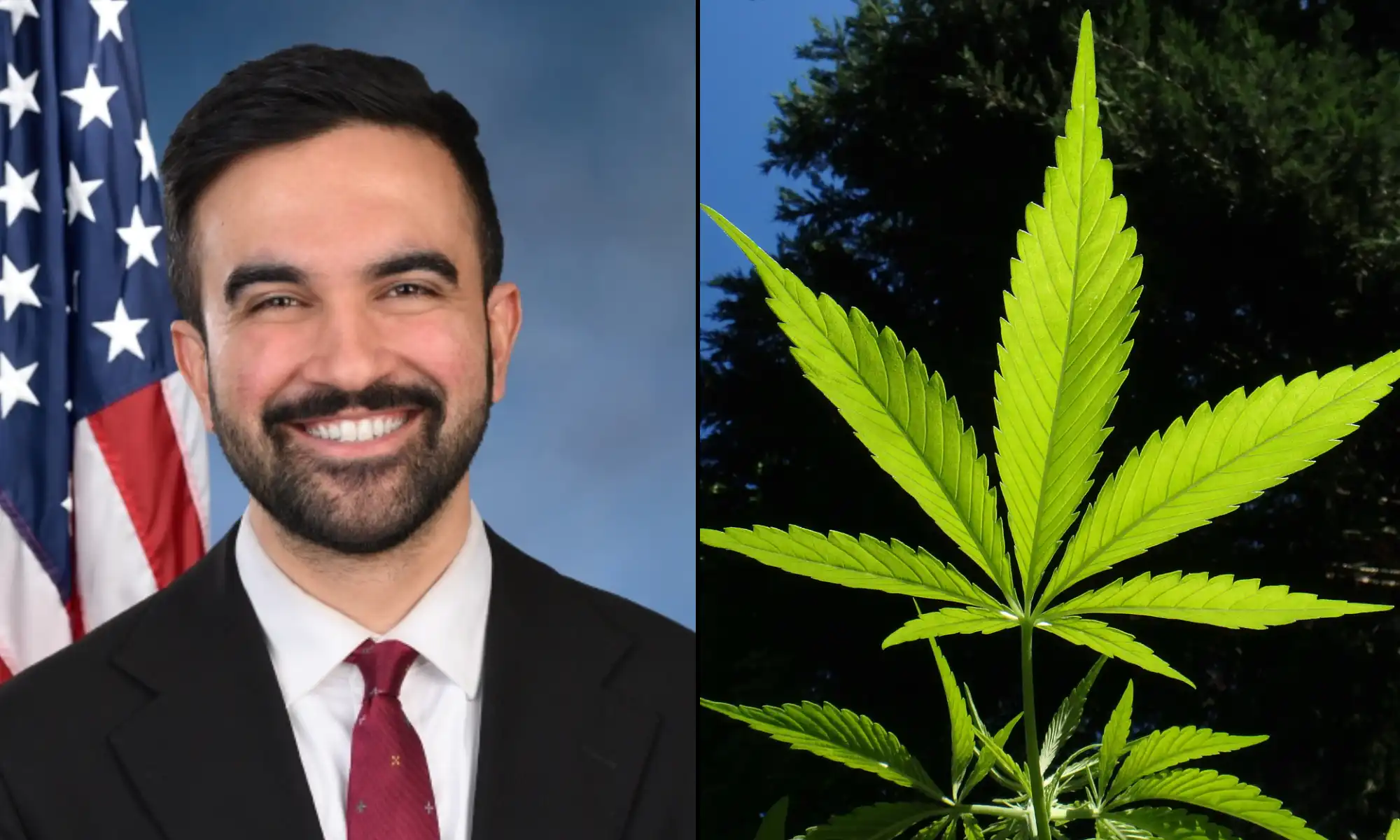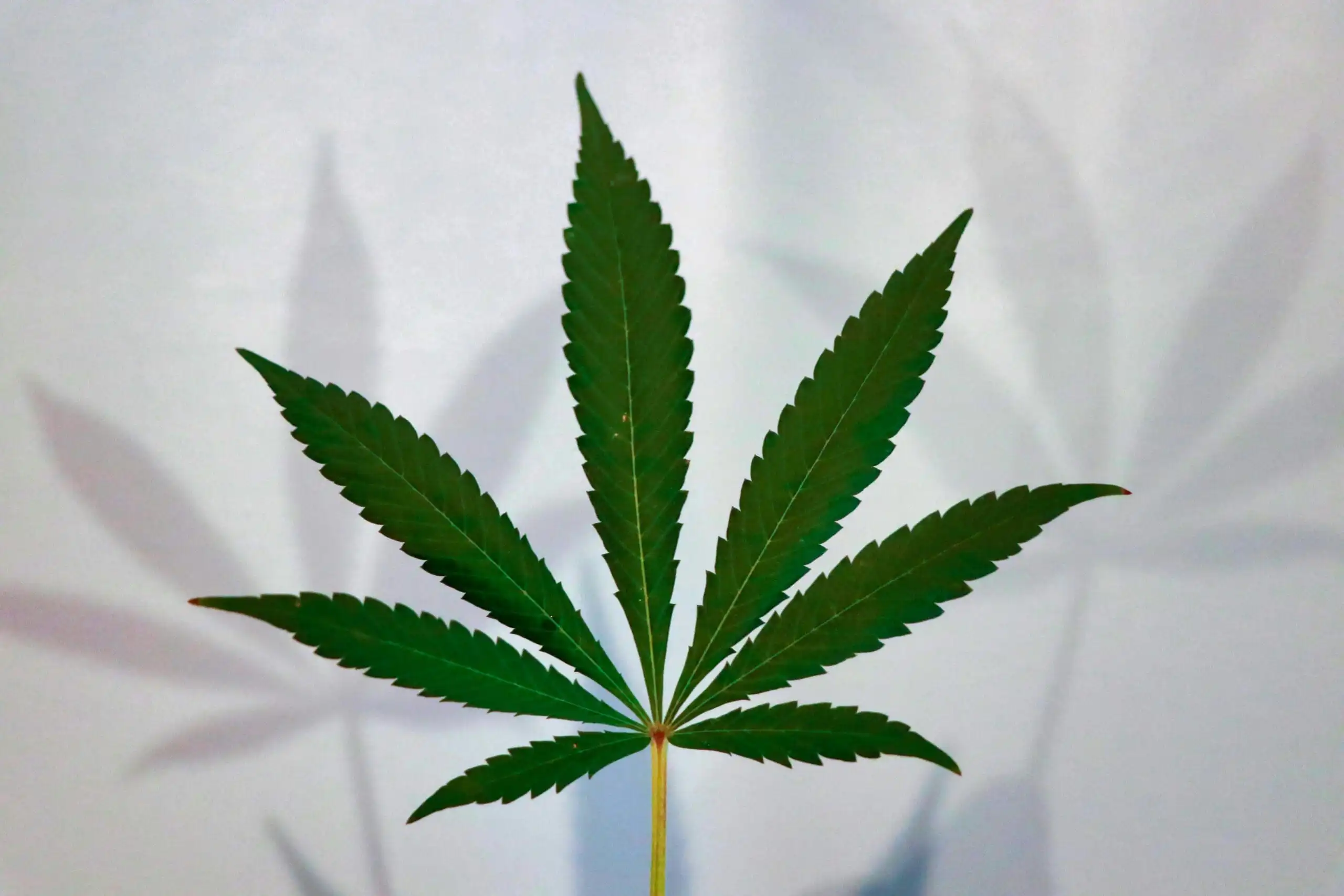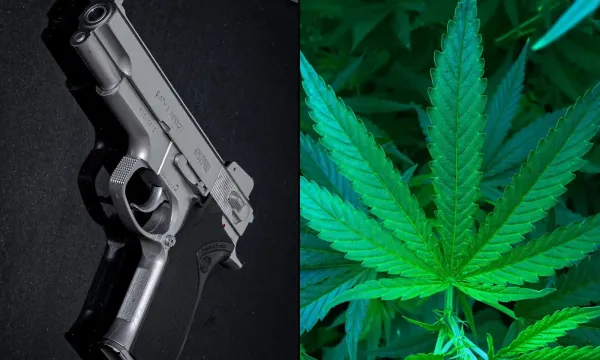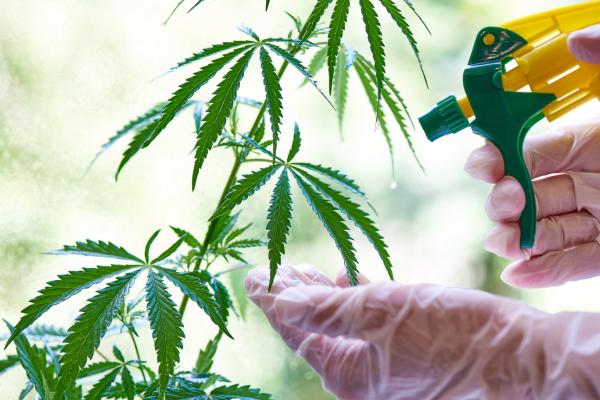The mental health situation across the world, and particularly in the West, is dire. Global depression rates are rising, with the World Health Organization estimating that 300 million are suffering from the illness, and there are plenty of other conditions we need to be worried about, such as anxiety, post-traumatic stress disorder (PTSD), bipolar disorder, psychosis and schizophrenia.
Furthermore, the effect that heavy social media use, especially in younger people, is having on our mental health is also poorly understood. The world has changed, and at this point, we are only guessing the impact that it is having on us.
Combine this with the reality that mental health medicine is decades out of date, and not meeting the needs of patients and we have a serious crisis. Selective serotonin reuptake inhibitors (SSRIs) have been the preferred antidepressants of doctors for over 30 years, yet up to one in three people do not respond to them at all. Not to mention, SSRIs are painfully slow to kick in, and the drowsiness they cause and the psychologically addictive nature of them leaves patients with a fresh set of problems.
The fresh hope offered by CBD
But it need not be all doom and gloom. Cannabis and hemp contain a unique compound called cannabidiol (CBD), which produces an unusual set of therapeutic effects. CBD is a proven neuroprotective and antioxidant, and the modulating influence the cannabinoid has over the body's endocannabinoid system (ECS) suggests it can be used to improve both our physical and mental health.
It has not been easy to put forward the case for a cannabis compound helping with mental health, given that psychoactive and hallucinogenic drugs have been demeaned by mainstream science and the media for doing untold damage to our psychological wellbeing. But from a chemical perspective, only a tiny fraction of cannabis is psychoactive (the tetrahydrocannabinol – THC) – many of the cannabinoids and other plant compounds, including CBD, are non-psychoactive.
Therefore, when taken in an isolated state, CBD has a much different effect on the body than when it is taken in cannabis. CBD also comes from hemp, and hemp-based products from the likes of CBD Drip are already being taken as a form of alternative medicine – no prescription is needed to buy these products.
In the next section, we'll go over some of the most encouraging research on CBD for depression, anxiety, psychosis and schizophrenia, and discuss what studies need to happen for the substance to become an approved mental health drug.
Depression
The most compelling evidence yet that CBD could be a suitable alternative to SSRIs came in 2018, with a Brazilian and Danish study on rodent models. They discovered that CBD could have a fast-responding and enduring antidepressant effect from one dose, finding that the compound helped to repair destroyed neural pathways and suppress activity of proteins associated with depression, all in the prefrontal cortex.
Rodents are used to test novel treatments, because of the likeness that their brains have with humans. A large-scale repeat study in humans, complete with neuroimaging is now needed.
Anxiety
More people seem to be coming forward about their struggles with anxiety, a condition that can be very embarrassing because of how illogical it can appear, and the unique difficulties it causes for the sufferer. However, CBD studies have demonstrated that the substance has a real anxiolytic effect that cannot be explained away as a placebo. It's hard to ascertain how CBD relieves anxiety as the causes of the condition are not fully known. However, the indirect increase of gamma-Aminobutyric acid (GABA) may be crucial.
More research into the causes of anxiety, and the areas of the brain where CBD is active are necessary.
Psychosis and schizophrenia
The antipsychotic drugs being prescribed to patients with psychosis and schizophrenia are problematic for a couple of reasons. Firstly, they are somewhat ineffective, and secondly, the strong side effects do – in many ways – defeat the object of taking them.
The optimism around CBD is not just that it provides a potent antipsychotic effect, but that the side effects from short and long-term consumption are minimal. To determine the true potential of CBD, large studies on patients with the two conditions are required.
Final thoughts
There is no harm in trying out Kanna CBD as a natural remedy if you're in a mental slump or find yourself snowed under with anxiety. But if you are seriously struggling with mental illness, do not attempt to self-medicate and seek professional advice. This article is purely informational.












